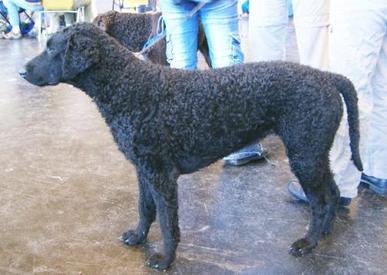
Thought to be one of the oldest of the retrieving breeds, the Curly Coated Retriever was the original gamekeeper's dog, utilised in hunting upland game and retrieving waterfowl. An agile and willing breed, the Curly Coated Retriever boasts an uncertain and varied ancestry, with popular conjecture determining its forebears as the St. John's Newfoundland, the Irish Water Spaniel, the Poodle and the Labrador. Dating back over 200 years, the Curly Coated Retriever rose to great popularity in the latter part of the 19th century when it was applied in shooting work and imported to Australia and New Zealand. Despite being fairly rare inside the United States, the American Kennel Club recognised the distinct breed in 1924.
Easily identifiable for its characteristically curly coat, the breed boasts an athletic and proportioned frame with muscular legs, a tapering muzzle and a low-set tail. Deep-chested, the Curly Coated Retriever has enhanced lung capacity for stamina on the hunt and is commonly observed in black or liver colouring. The tightly curled coat is designed to protect the dog from brambles and is waterproof for crawling through wetlands retrieving game, drying off quickly afterwards. The face, feet and forelegs should be without curl, although such is not a breed standard. Due to the nature of the coat, regular bathing and grooming is not needed, making this a low-maintenance dog.
Retaining its working instinct, the breed is intelligent, determined and bold, requiring gentle obedience training from puppyhood. Adapting well to new situations and people, the Curly Coated Retriever is highly trainable, well suiting it to the domestic setting. Compatible with children and other house pets when introduced gradually, the breed is affectionate, loyal and sociable, making a great addition to active family life. Generally speaking, a healthy Curly Coated Retriever at full maturity will weigh 29-36 kg depending on its gender, with a life expectancy of 10-12 years. It is not uncommon for the breed to outlive this expectancy.
Certain genetic diseases and health complaints are identified in the Curly Coated Retriever, including optical disorders, hip and elbow dysplasia, arthritis and allergies. More serious conditions include cardiac weakness and glycogen storage disease, whilst the breed is also susceptible to epilepsy - a condition that can be managed with medication.
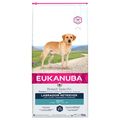
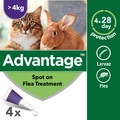
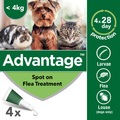
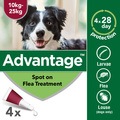
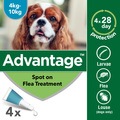
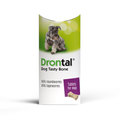
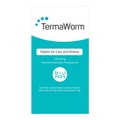
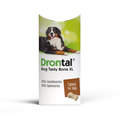
From Buckinghamshire, United Kingdom
Curlies are more reserved than most retriever breeds (Labs / Goldens/ Flat Coats) and don't generally meet everyone with open arms. They need to be well socialised as pups to ensure they aren't too wary. They are steady, kind, affectionate dogs, who love their family. Contrary to popular belief they do moult, although the loose hair tends to stay trapped in the curls, rather than all over the carpet. Only around 100 puppies are registered each year, so you won't be able to buy one on a whim. And be prepared to spend their life telling everyone that they are NOT a "Labradoodle" or similar oodlie thing!!